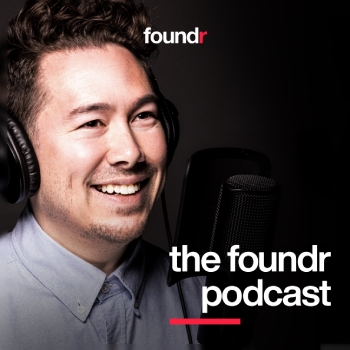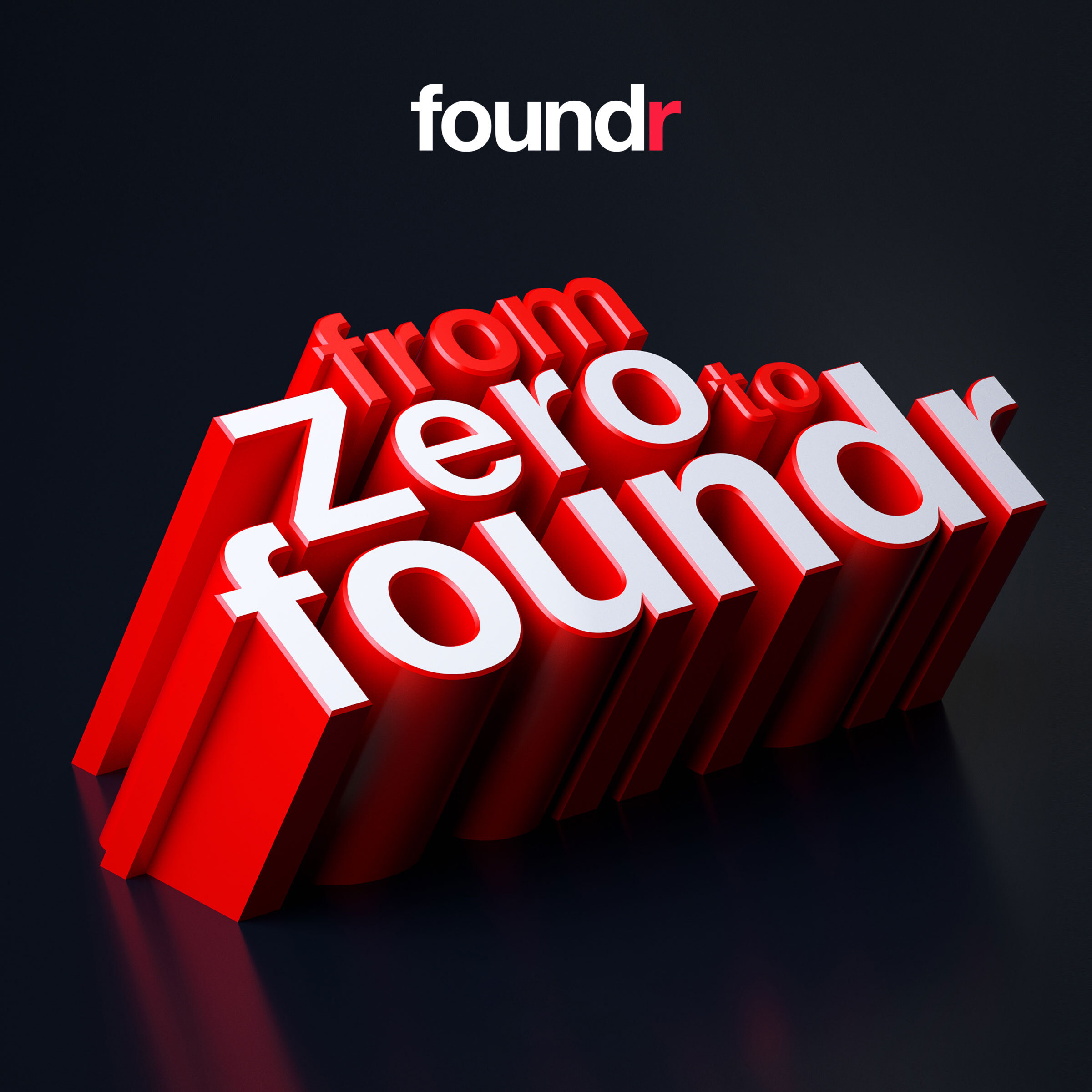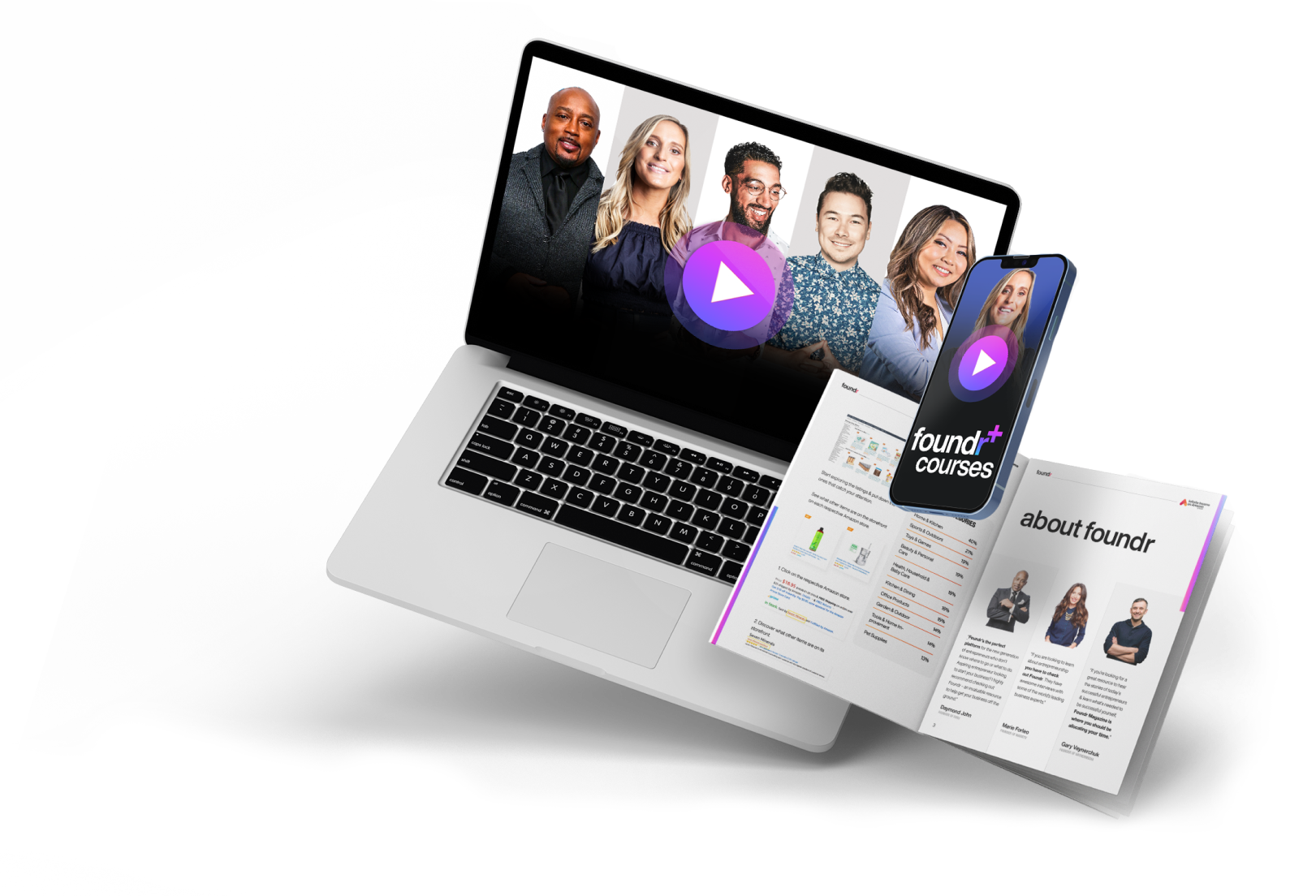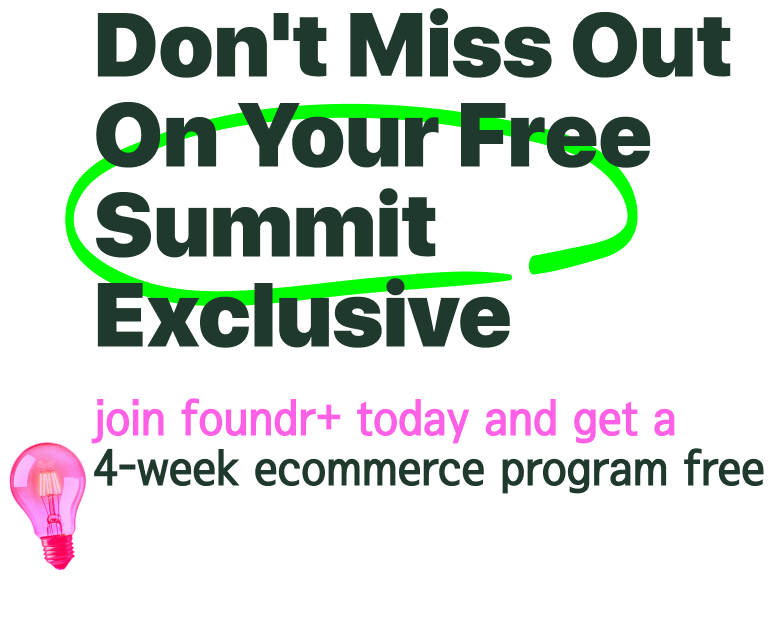PODCASTS
STAND ON THE SHOULDERS OF GIANTS AND LEARN FROM THE GREATEST MINDS IN BUSINESS TODAY.
FOUNDR PODCAST
WITH NATHAN CHAN
We interview hard to reach entrepreneurs. (Mark Cuban, Seth Godin, Tim Ferriss, Tony Robbins, Barbara Corcoran, Daymond John & many more). Unlike most podcast interview series Nathan Chan literally started from knowing nothing. He was just an average guy working in a 9-5 job he utterly hated. He knew nothing about entrepreneurship, nothing about startups, nothing about marketing, and nothing about online or how to build a business. So from launching Foundr Magazine he’s gone out and spoken to some of the most successful entrepreneurs and founders in the world to find out exactly what it takes to become a successful entrepreneur, so YOU can learn from them.

FROM ZERO TO FOUNDR
At Foundr, we’re on a mission to democratize entrepreneurial education by building one of the largest online schools for entrepreneurs. We interview some of the greatest founders of our generation (Mark Cuban, Seth Godin, Tim Ferriss, Tony Robbins, Barbara Corcoran, Daymond John, and many more) to find out how they did it so you can too. However, in this series we’re doing things a little differently. We’ve decided to interview our very own real-life success stories from Foundr students within our community. These are the founders of tomorrow, who’ve stood where you are, and are on the way to building the businesses of their dreams.




